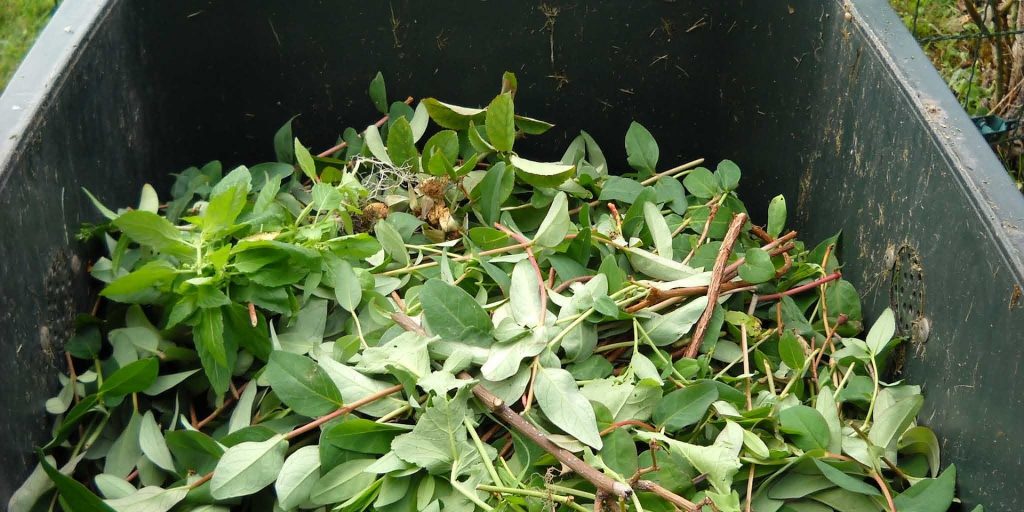In New York and beyond, curbside composting is gaining traction
Over the last few decades, there’s been a lot of focus by American cities and counties on the importance of recycling. And as a result, recycling operations in most cities have ramped up, with many communities now requiring certain materials to be recycled because of the damage plastic and other materials can have on the natural environment.
Community-wide curbside composting is the next green initiative that’s gaining traction across the country.
Most recently, New York City this week launched the nation’s largest curbside composting program, with weekly collection of compostable materials guaranteed for every residential address in Queens—this applies to leaf and yard waste, food scraps, and food-soiled paper products. The location is notable because Queens is home to 41 percent of New York City’s street trees.
“We looked at what had worked in the past, as well as what hadn’t, and developed a smart, innovative solution that is going to be easier for the people of New York City, harder for rats, and better for the planet,” said Jessica Tisch, commissioner of the New York City Department of Sanitation at an announcement event in the summer.
That New York City would tackle such a large compositing endeavor is notable because most compositing programs in the United States have to this point been concentrated in the west. San Francisco, for example, began its citywide composting program in 1996, according to the Natural Resources Defense Council. These days, the California city composts more than 250,000 tons annually (about half from food scraps and the other half from yard trimmings), representing about 80 percent of the city’s waste. Other notable western cities with robust composting programs include Portland, Ore., Boulder, Colo., Denver, Colo., Seattle, Wash., and Boise, Idaho, among others. Elsewhere in the northeast, Boston, Mass. started its own citywide curbside composting program this summer.
In New York City, the newly launched program includes all leaf and yard waste, which residents already separated from trash, as well as all food scraps and food-soiled paper products, such as napkins, paper towels, and unlined plates. There is notably no sign-up required for the program. Residents just need to set out their waste on the assigned day and let the city’s sanitation department pick it up to turn into usable compost or clean, renewable energy.
Ahead of the start, the sanitation department delivered bins to all residential addresses in Queens with 10 or more units. To participate, residents place food waste in a labeled bin—either issued by the city or made themselves—with a secure lid or a bag to prevent pests and odors.
The initiative has a number of key intended consequences. First, separating compostable material ensures a greener city, because compost doesn’t create methane gas. Notably, about one third of the city’s residential waste is compostable.
It also improves cleanliness, because rats and other pests feed on organic material in trash bags, notes a statement issued by the city about the initiative. Securing compost in bins makes it more difficult for pests to access.




















